How to Buy a Car Out of State
Use our tips and information to successfully purchase a car out of state.
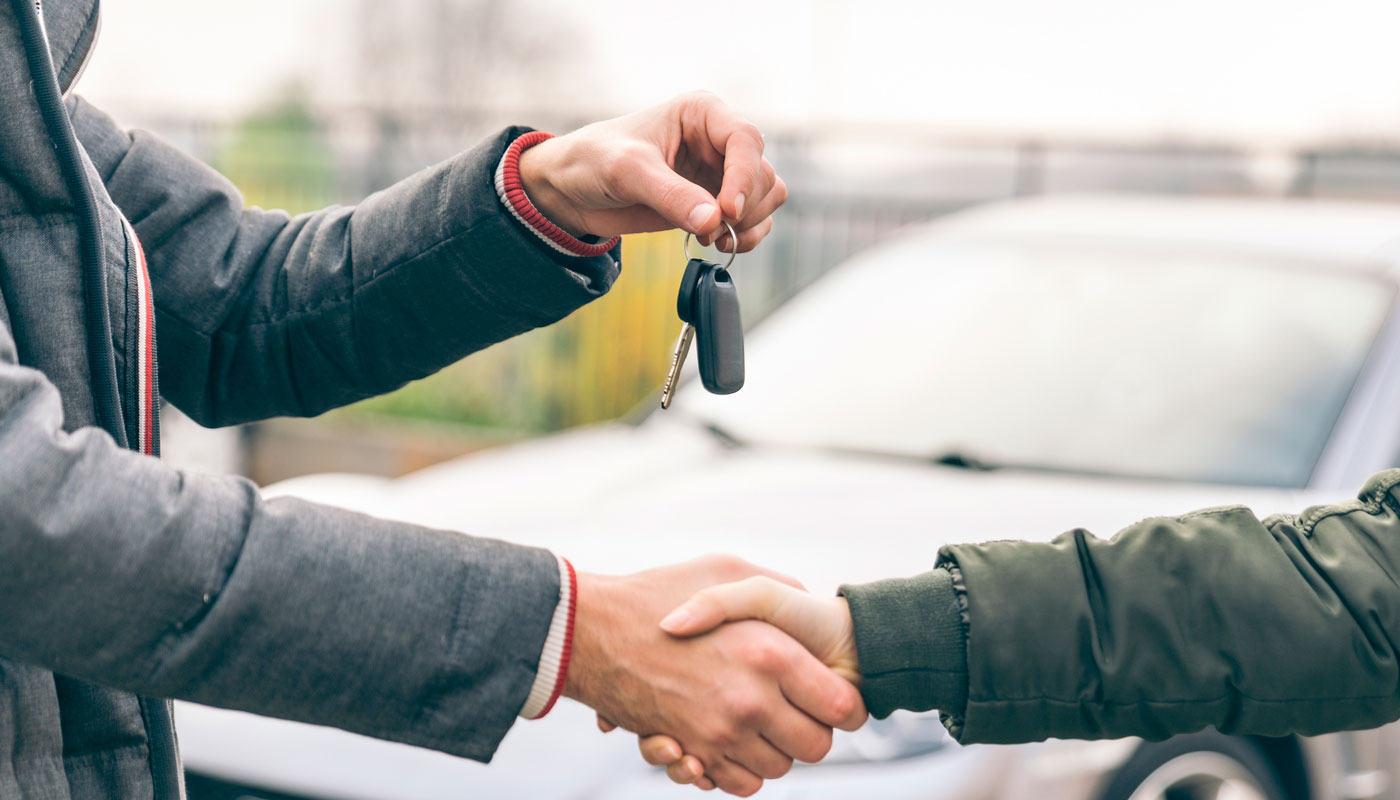 Getty
Getty
The NEW Car Buying Experience
The car buying experience is a daunting endeavor. Gone are the days of simply going to your neighborhood dealership, walking the lot, and driving away in your shiny new or new-to-you vehicle. The advent of the internet has redefined car buying. With online resources and dealer-specific websites, you are not necessarily limited to vehicles in your local town—or even your state.
With online resources, there is a nationwide inventory at your fingertips, and your odds of finding a vehicle with all your desired traits at your desired price are significantly higher. But what do you do when you have found THE ONE, and it is an out of state vehicle? Can you buy a car out of state? Is it as simple as handing over the cash and driving away, or is there more to it? Here are some things to consider when buying a car in another state.
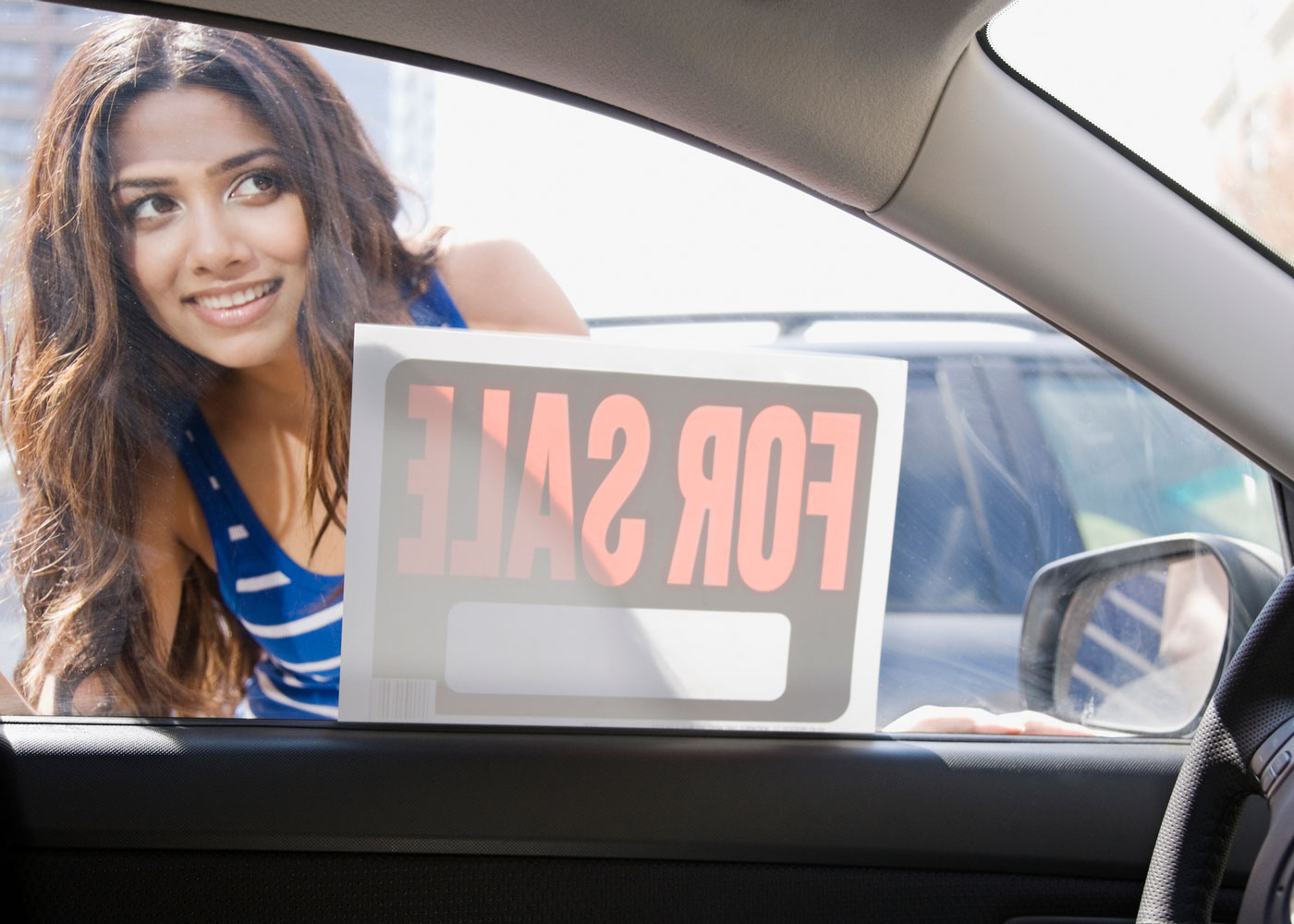 Getty
Getty
Get a Vehicle Background Check
Before you venture three states over from your home and possibly hand over your hard-earned cash or your bank-backed loan commitment, be sure to learn all you can about the vehicle. Like people, every vehicle has a past, and some come with more baggage than others. By reviewing its history, you can decide if it is a purchase you are ready to commit to before you ever leave the state to check the car out.
If these red flags are present, it might be better to stay away.
- The vehicle was in an accident.
- There are multiple unresolved recalls.
- The vehicle has a rebuilt title or a lien on the title.
- The vehicle has not been regularly maintained.
If the background check comes back clean, or you are willing to live with the findings for the sake of the deal, then the next step is to go see it for yourself.
There are many online resources for checking a car’s background, especially if you know the car’s Vehicle Identification Number (VIN). Websites like the free VINCheck, or paid sites like CARFAX or AutoCheck can be your first stop in doing your research.
AAA Members save on vehicle history reports with CARFAX tools.
Get Free Report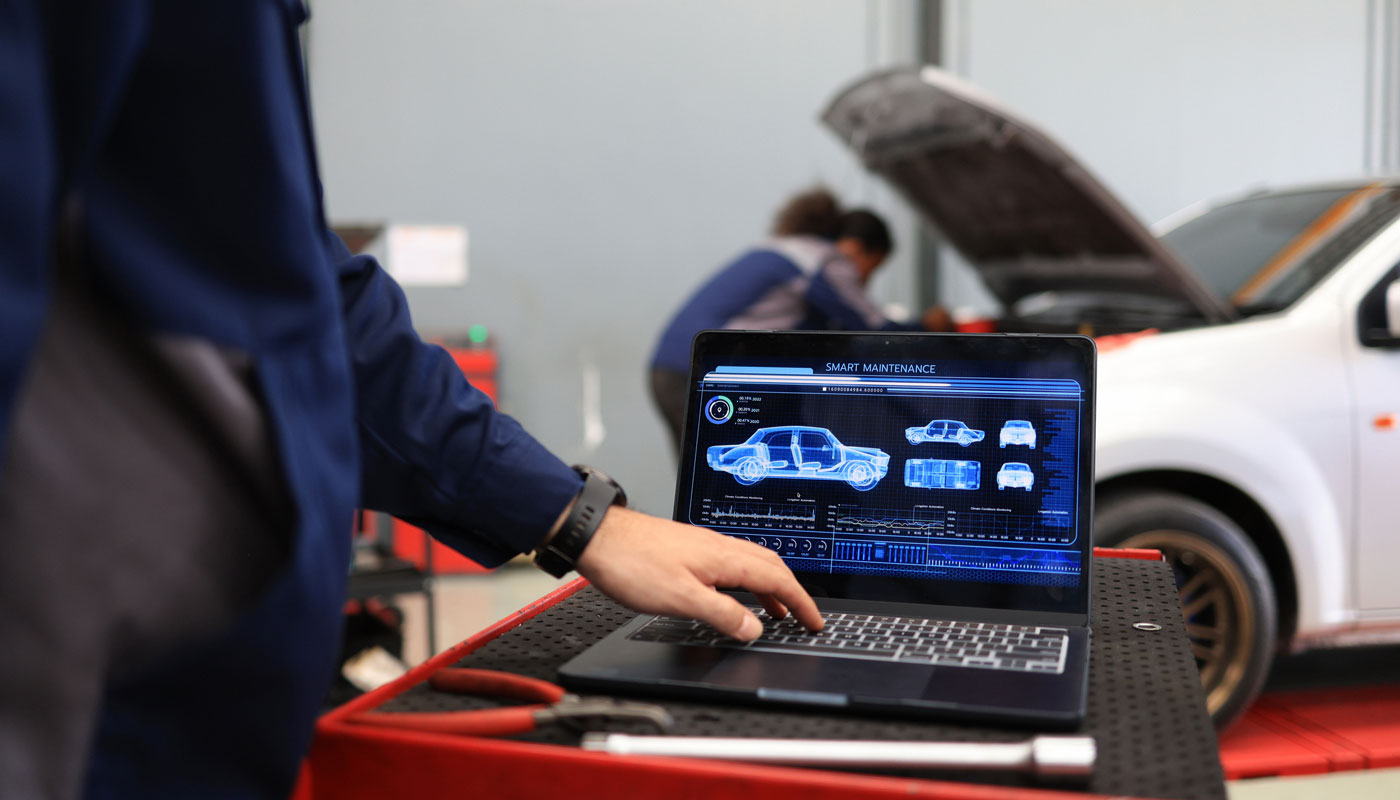 Getty
Getty
Take It in for a Pre-Purchase Car Inspection
Whether your pre-owned out-of-state vehicle is coming from a dealership or from a private sale, you should consider taking it to a trusted mechanic who is not affiliated with the current owner for a pre-purchase car inspection.
If there are issues with major components like the transmission, suspension, engine, steering, brakes or tires, this professional inspection should bring them to light and either give you the opportunity to walk away, negotiate for a lower price, or gain peace of mind about your purchase.
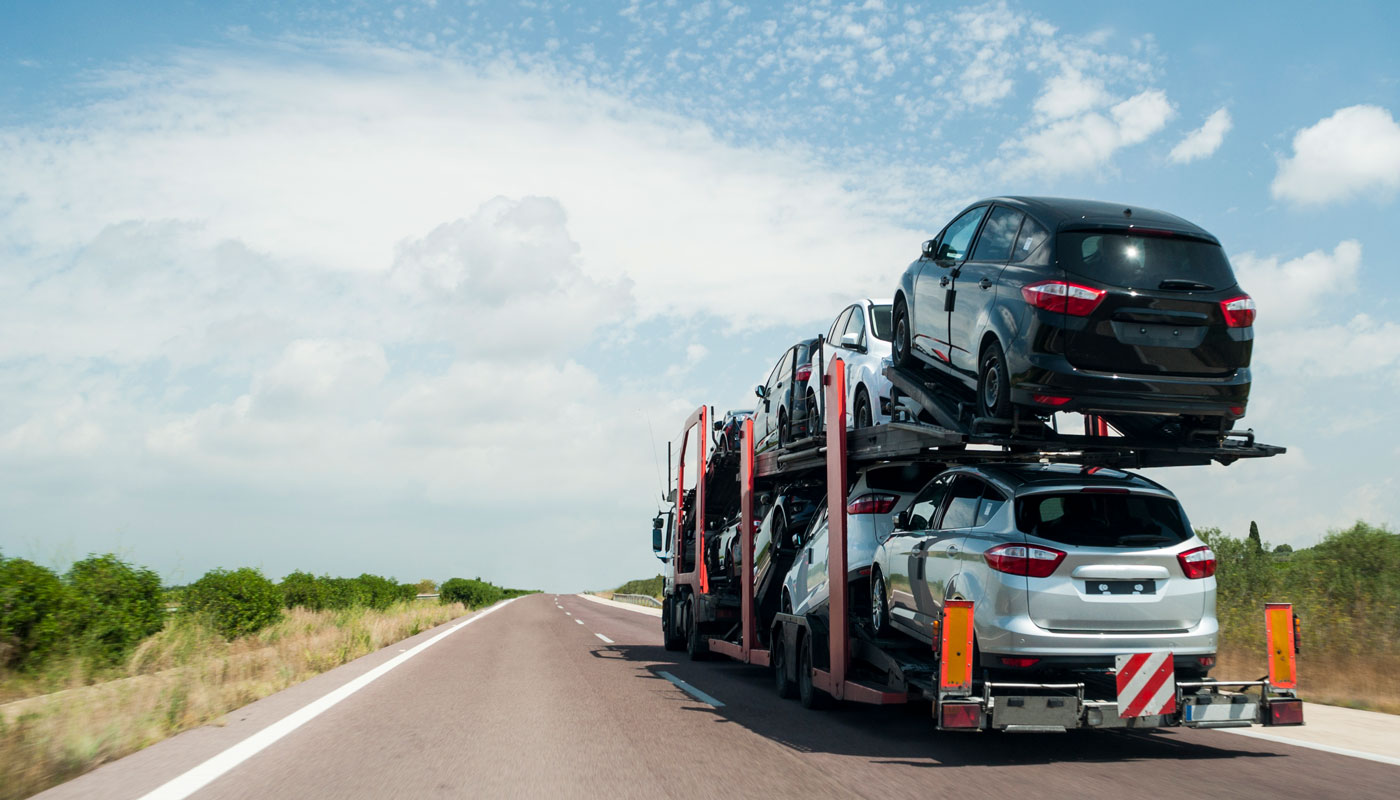 Getty
Getty
Plan for Transporting a Newly Purchased Car Home
One of the more complicated aspects of purchasing a vehicle out of state is bringing it home. Do your digging to determine how you can legally move the vehicle. Some states allow vehicles to be driven with a temporary tag from the originating state for a limited time before it must be registered in your home state, while others may require it to be shipped or towed. Your sweet deal could sour quickly if the cost to move the vehicle devours any savings you found purchasing the car out of state.
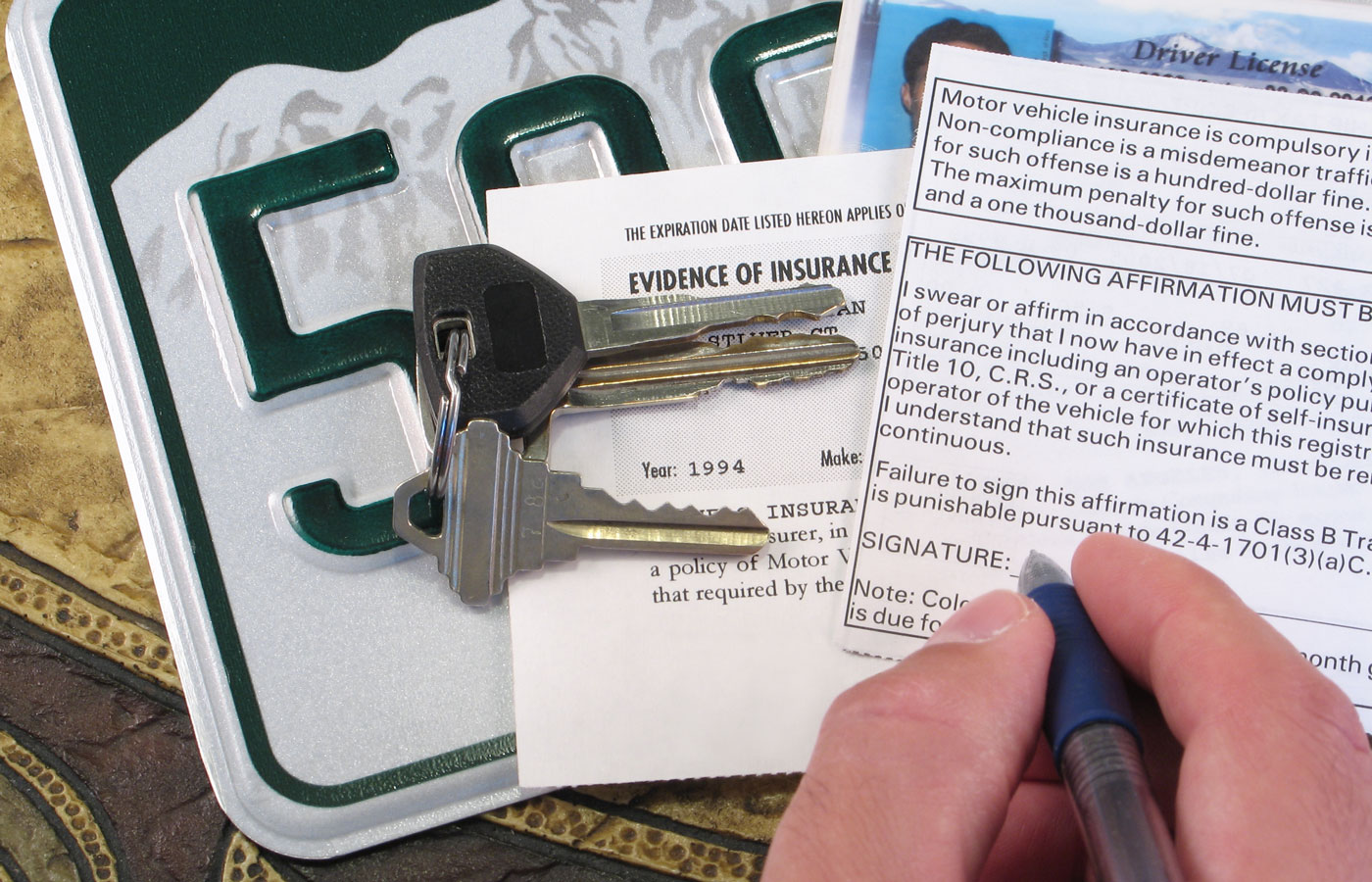 Getty
Getty
Know Your State’s Car Ownership Requirements
Vehicle requirements vary from state to state. Having a clear understanding of what is required could save you from registration delays and expensive repairs. Some states require odometer inspections, emissions testing and safety inspections/tests before registration is approved.
Researching these requirements and knowing who you need to contact to schedule the inspection could help you to eliminate vehicles from consideration and streamline the registration process upon returning to your home state.
Register the Out-of-State Vehicle
Once you have your coveted inspection certification in hand, you can make your way to the DMV and register the vehicle under your name. What you will need:
- Proof of purchase (typically, a bill of sale)
- Your driver’s license
- Proof of address
In some cases, you may need to bring a vehicle identification number verification form. These identifying documents will give the government everything they need to add your name and home address to the vehicle’s registration.
It should be noted that there is a time constraint for this process. Many states require the registration process be completed within 30 days. Failure to do so could result in fines.
Your State's Sales Tax Payments
When factoring sales tax on a vehicle, the only taxes that you need to worry about are the taxes your state collects, NOT the state that the vehicle was purchased in. Some states do not impose a sales tax, while others collect the same tax percentage that is imposed on other goods and services.
If you live in a state with no sales tax, you will not have to pay a thing. If you live in a state with a sales tax, it will be assessed during the registration process. Be sure to research your state’s sales tax status so that you know what to expect and can plan accordingly.
Your State Insurance Requirements
In order to operate a motor vehicle, auto insurance is a necessity. The specific requirements vary by carrier, lender and method of purchase. For example, if you are planning to purchase the vehicle with cash and will own it outright, you will have more options available to you.
Get a FREE auto insurance quote from AAA, a trusted resource for car owners across the United States.
Get Free QuoteIf you are securing funds from a financial institution, then it is important to understand their stipulations so that you can get quotes before you buy. The cost to insure certain models might end up being a purchase deterrent.
 Getty
Getty
Having literally a nation’s worth of car purchase options means you don’t have to settle when it comes to finding the vehicle that is right for you, your family and your budget, even if it means buying a car out of state.
The out-of-state car purchasing process might be more involved, but if you know how to proceed safely and with the right knowledge, the savings might be worth the extra legwork.